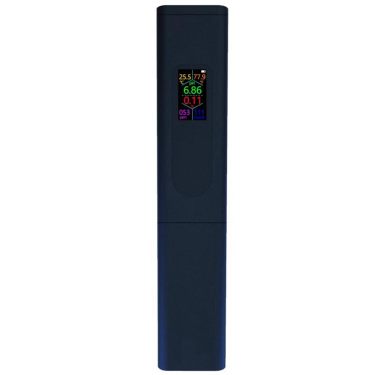
# Pool Thermometer: Essential Tool for Monitoring Water Temperature
## Why Every Pool Owner Needs a Pool Thermometer
A pool thermometer is an indispensable tool for any swimming pool owner. Whether you have an in-ground or above-ground pool, maintaining the right water temperature is crucial for both comfort and safety. Without proper temperature monitoring, your swimming experience can quickly turn from enjoyable to uncomfortable or even dangerous.
## Understanding the Importance of Water Temperature
Water temperature affects several aspects of pool maintenance and usage:
– Comfort: Most swimmers prefer water between 78°F and 82°F (25.5°C to 27.8°C)
– Chemical efficiency: Warmer water requires more frequent chemical adjustments
– Energy costs: Heating a pool to the optimal temperature can be expensive
– Safety: Extremely cold water can lead to hypothermia, while overly warm water may promote bacterial growth
## Types of Pool Thermometers
Modern pool owners can choose from several thermometer options:
### Floating Thermometers
These are the most common and affordable options. They float on the pool’s surface and provide a quick temperature reading. Many feature large, easy-to-read displays.
### Digital Thermometers
Offering precise readings, digital thermometers often come with additional features like memory functions to track temperature changes over time.
### Wireless and Smart Thermometers
These advanced models connect to your smartphone or home automation system, allowing you to monitor your pool temperature remotely.
## How to Choose the Right Pool Thermometer
Consider these factors when selecting a thermometer:
– Accuracy: Look for thermometers with ±1°F accuracy
– Durability: Choose models resistant to UV rays and chlorine
– Readability: Ensure the display is large and clear enough for easy reading
– Additional features: Some models measure air temperature or include freeze alerts
## Proper Placement for Accurate Readings
To get the most accurate temperature readings:
– Place the thermometer in the center of the pool, away from edges and returns
– Avoid direct sunlight if possible
– For floating thermometers, ensure they’re not trapped in a corner
– Take readings at the same time each day for consistency
## Maintaining Your Pool Thermometer
Keyword: pool thermometer
Regular maintenance ensures longevity and accuracy:
– Clean the thermometer monthly with mild soap and water
– Store it properly during winter months if you close your pool
– Replace batteries in digital models as needed
– Check accuracy periodically by comparing with another thermometer
## The Connection Between Temperature and Pool Chemistry
Water temperature directly affects your pool’s chemical balance:
– Warmer water accelerates chlorine dissipation
– Higher temperatures promote algae growth
– pH levels can fluctuate more in varying temperatures
– Total alkalinity may need adjustment with temperature changes
By monitoring your pool’s temperature regularly, you can anticipate these chemical changes and maintain a healthier swimming environment.
## Cost Considerations
Pool thermometers range in price from:
– Basic floating models: $5-$15
– Mid-range digital thermometers: $20-$50
– Advanced smart thermometers: $75-$200+
While the initial investment varies, all pool thermometers provide valuable information that can help save money on heating and chemical costs in the long run.
## Making the Most of Your Pool Thermometer
To maximize the benefits of your pool thermometer:
– Record daily temperatures to identify patterns
– Use temperature data to optimize heating schedules
– Adjust swimming times based on temperature readings
– Share temperature information with pool service professionals if needed
A quality pool thermometer is a small investment that pays significant dividends in comfort, safety, and pool maintenance efficiency. By choosing the right model and using it properly, you can enjoy your pool to its fullest potential throughout the swimming season.